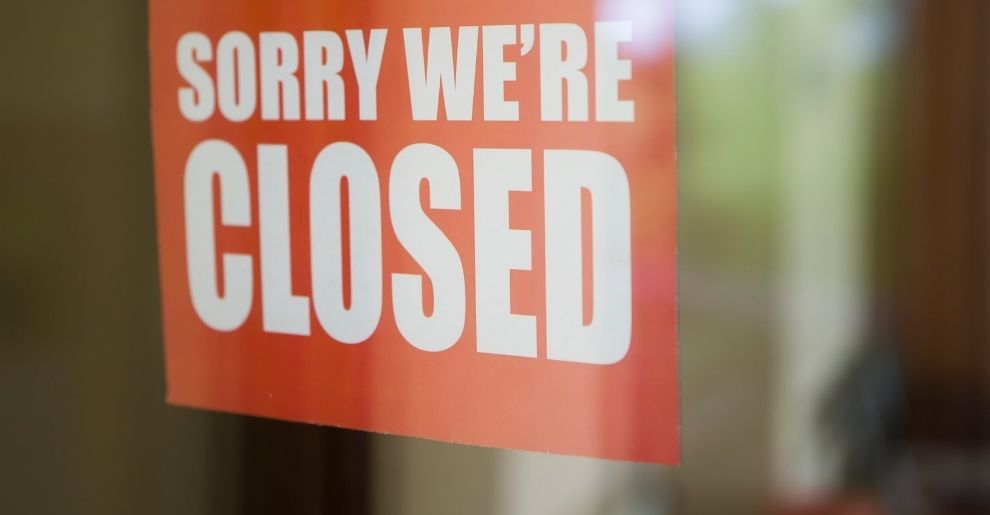Retail tenants should check the small print

As a fresh wave of lockdown measures cut across the UK, retail tenants may be experiencing new concerns about how to pay the rent, but another ticking timebomb is the viability of their landlords.
Even before the pandemic, the high street was undergoing radical change and the continuing restrictions have seen a dramatic shift in consumer habits towards online shopping.
Faced with such a shift towards e-commerce, few were surprised to see the recent demise of Intu, a large retail landlord with shopping centres that include the Trafford Centre in Manchester. The company was carrying heavy debt and when cash-strapped tenants held back rental payments, it was unable to persuade its backers to implement a repayment holiday while it tackled the crisis.
For the tenants of Intu-owned shopping centres, and of other retail landlords which may be facing administration, their primary worry is likely to have shifted from their own store footfall to concerns over whether the outer doors will stay open.
“Much of the commentary has been around whether retail tenants will be able to pay their rent during the pandemic, but of equal concern is the viability of their landlord. Tenants should be scrutinising the small print on their lease to check where they stand if the worst happens,” explained Tony Chauhan, Commercial Property Partner from London solicitors Bowling & Co.
“The lease may not detail what will happen in the scenario of a large shopping centre being closed, for example, but while such situations may not have been foreseen, that does not mean that tenants cannot argue the landlord has failed in their obligation in such circumstances and it is worth getting advice at an early stage.”
In the case of Intu, administrators have taken over the running of the sites, which is a likely outcome in the instance of large retail shopping centres, but tenants may still be adversely affected if there is a change in operational measures, such as the cleaning or security services, or if marketing activity is reduced.
“Again, if services are specifically set out in the lease, then a tenant may be able to argue for a cut in what they pay, particularly if it makes the premises less fit for purpose,” added Tony. “Unlike the closure under lockdown, which was imposed by the government, these are factors which come within the control of the landlord.”
As part of the safety net to survive the pandemic, the government introduced legislation to protect commercial tenants, with landlords and lenders temporarily prevented from taking action for non-payment of rent. But as more tenants reach a tipping point on viability, so more retail property owners are likely to be affected and lack of liquidity and the potential of breaching income and loan to value requirements on their lending facilities may see more failures in the months to come.
If you would like any more information relating to this article then please feel free to contact me: Telephone – 020 8221 8011, via email: tony.chauhan@bowlinglaw.co.uk or visit my profile.
This is not legal advice; it is intended to provide information of general interest about current legal issues.
